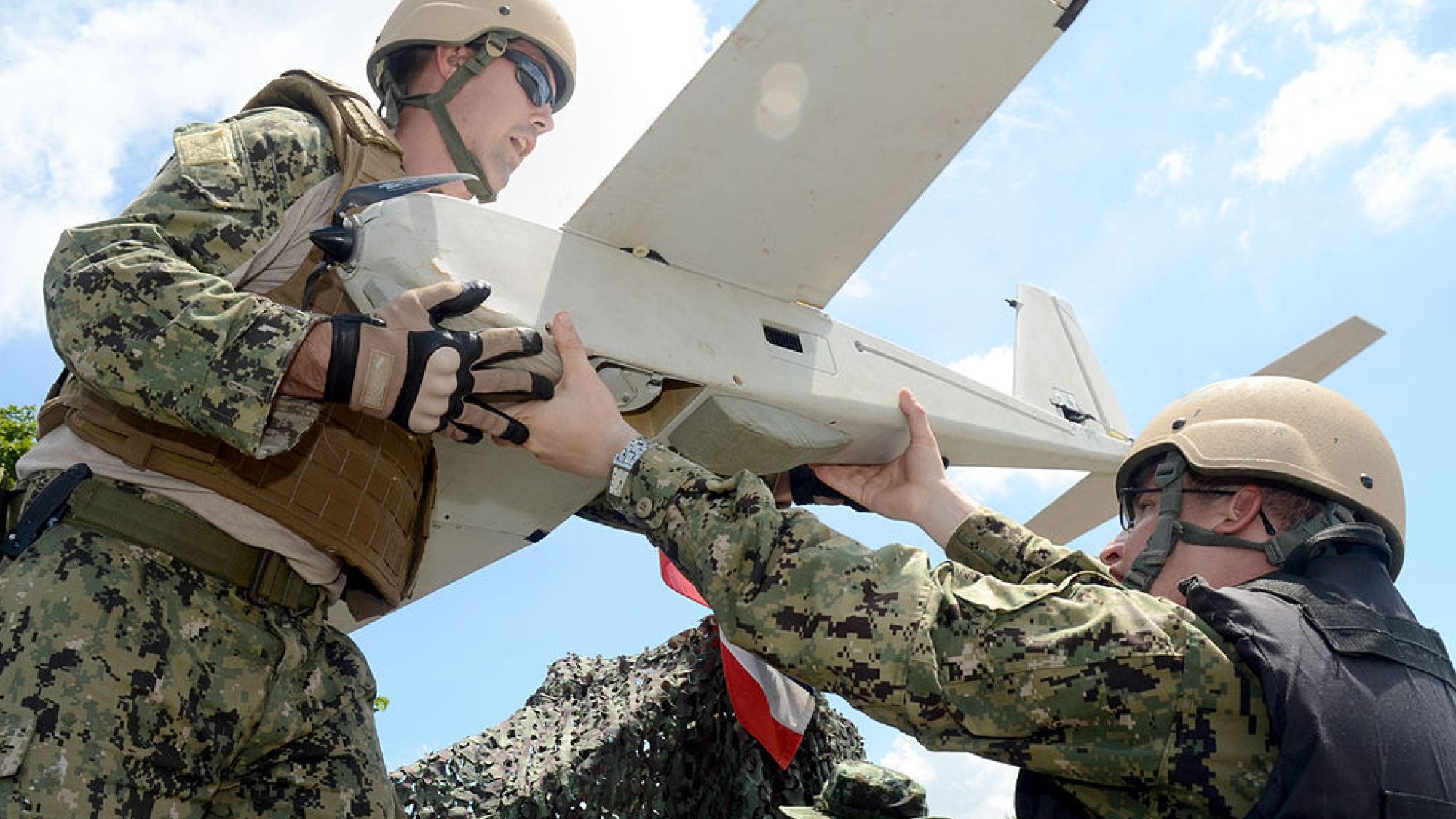
Title: The Proliferation of Drone Warfare: The Weakening of Norms and International Precedent
In a recent article, David Wood expresses concern over the start of a drone arms race, with China’s People’s Liberation Army beginning to adopt drone technology and Iran possibly supplying drones to Hezbollah in Lebanon. Other reports show that Pakistan has also developed its own set of drones, with offers of assistance from China to help improve their technological sophistication. The proliferation of drone technology is in many ways unsurprising, as technology always spreads across the globe. Yet, the economic and organizational peculiarities of drones may mean their adoption is more likely than other high-tech weapons.
Michael C. Horowitz, in his widely praised book The Diffusion of Military Power, notes that states and non-state actors face a number of possible strategic choices when considering military innovations, with the adoption of innovative technology not a foregone conclusion. States will consider both the financial cost of adopting new technology and the organizational capacity required to adopt new technologies — that is, the need to make large-scale changes to recruitment, training, or strategic doctrine. From a financial perspective, drones are an attractive option for state and non-state actors alike, as they are vastly cheaper to build and operate than other forms of aerial technology, with the high level of commercial applications for drone technology helping drive down their cost. Organizationally, drones still require a significant level of training to operate in a combat setting, inhibiting their immediate adoption. Yet, as strategic doctrine in nearly every state prioritizes combating terrorism, drone programs will be easier to integrate into military structures as Horowitz notes that how a military organization defines its critical tasks determines the ease of adopting innovations. Even if the level of organizational capacity needed to operate drones eludes most terrorist organizations, the apparent willingness of states such as Iran to supply militant groups with drones raises the possibility of terrorist groups acquiring tacit knowledge about operating them by networking with sympathising states.
If drones are destined to proliferate, the more important issue may become whether American drone doctrine is setting a precedent for other states over how drones are used, and if so, is American drone use weakening the long-standing international norm against assassination? Current US practices include the use of drones in countries without a declaration of war, the routine targeting of rescuers at the scene of drone attacks and the funerals of victims, and the killing of US citizens. The existence of such practices lends legitimacy to illiberal actions and significantly diminishes the moral authority of the US to condemn similar tactics used by other states, whether against rebellious populations in their own territory or enemies abroad.
While drone advocates such as Max Boot argue that other countries are unlikely to follow any precedents about drone use established by America, power has an undeniable effect in establishing which norms are respected or enforced. America used its power in the international system after World War 2 to embed norms about human rights and liberal political organization, not only in allies, but in former adversaries and the international system as a whole. Likewise, the literature on rule-oriented constructivism presents a powerful case that norms have set precedents on the appropriate war-fighting and deterrence policies when using weapons of mass destruction and the practices of colonialism and human intervention. Therefore, drones advocates must consider the possible unintended consequences of lending legitimacy to the unrestricted use of drones. However, with the Obama administration only now beginning to formulate rules about using drones and seemingly uninterested in restraining its current practices, the US may miss an opportunity to entrench international norms about drone operations.
If countries begin to follow the precedent set by the US, there is also the risk of weakening pre-existing international norms about the use of violence. In the summer 2000 issue of International Security, Ward Thomas warned that, while the long-standing norm against assassination has always been less applicable to terrorist groups, the targeting of terrorists is, “likely to undermine the norm as a whole and erode the barriers to the use of assassination in other circumstances.” Such an occurrence would represent a deleterious unintended consequence to an already inhumane international system, justifying greater scrutiny of the drone program.
Realism cautions scholars not to expect ethical behaviour in international politics. Yet, the widespread use of drones by recent administrations with little accountability and the lack of any normative framework about their deployment on the battlefield could come to be seen as a serious strategic error and moral failing. If the Obama administration was nervous about leaving an amorphous drone policy to a possible Romney Presidency, then surely China or Russia possessing such a program would be terrifying.
Image Credit: Public domain photograph from defenseimagery.mil., Wikimedia Commons
This is an archived article. While every effort is made to conserve hyperlinks and information, GJIA’s archived content sources online content between 2011 – 2019 which may no longer be accessible or correct.
More News

Critical maritime infrastructures (CMI), and in particular undersea communication cables, are increasingly under threat of attacks by malign actors who benefit from asymmetric capabilities and jurisdictional complexities in the maritime…

This article explores how the Palestinian crisis and the death of the two-state solution endangers the Hashemite Kingdom of Jordan. It illuminates the complicated relationship between Jordan, Israel, and Palestine…

This article explores the uncertain future of Arctic governance amid shifting global geopolitics. It argues that whether Washington and Moscow opt for confrontation or cooperation, multilateralism in the Arctic…